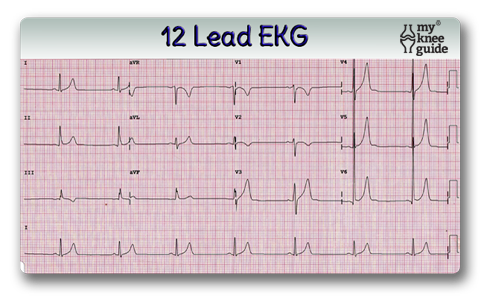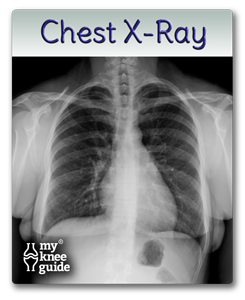


Your orthopaedic surgeon may perform several tests prior to knee replacement surgeryknee replacement surgery. These may include the following:
- EKG – Reviews the electrical activity of the heart which can reveal prior or current heart conditions
- Chest X-ray – Reveals any evidence of pneumonia or other active/chronic lung conditions
- CBC – Evaluates the body’s ability to transport oxygen, fight off infection, and clot your blood
- BMP – Evaluates the body’s kidney function, electrolyte levels, and blood glucose
- PT/INR – Evaluates the body’s ability to clot your blood
- ESR – Provides a baseline level of inflammation in the body
- Albumin/Protein – Establishes baseline level of nutrition
- U/A (urine analysis) – Looks for infection and determines kidney function
Many patients live with urine infections and may not exhibit typical symptoms. These symptoms consist of cloudy or smelly urine, burning during urination or increased frequency of urination. It is important to treat a urinary tract infection prior to surgery. If left untreated, then some of the bacteria in the urine can spread to the blood stream and may be deposited in the fresh surgical site of the new knee. This can lead to an infectioninfection.


Managing medical conditions prior to surgery can reduce the risks of complications. Some examples include diabetes and obesity.
It is very important to identify and manage diabetes prior to surgery. Patients with diabetes have an increased risk of complications including pneumonia, stroke, and blood transfusions. Poorly controlled diabetes also increases the chances of superficial and deep infections following surgery.
Obese patients (body mass index of greater or equal to 30 kg/m2) have an increased infection rate after knee replacement. This includes an increased rate of deep infection that requires surgical management. Additionally, obese patients are more likely to have long term failure of a knee replacement requiring further surgical management related to exchange or removal knee components. The good news is that with successful surgery, obese patients can expect improved function after knee replacement similar to patients with a normal body mass indexobese patients can expect improved function after knee replacement similar to patients with a normal body mass index.
Patients who have a BMI over 40 are at even greater risk for these and other complications. These patients are in a particularly difficult situation because weight loss from exercise may be impossible with significant obesity and an arthritic knee.














